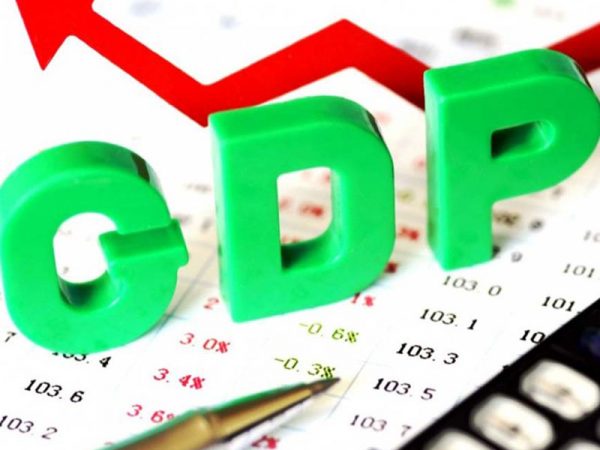Nigeria’s Gross Domestic Product (GDP) recorded a 3.84% growth rate in the fourth quarter of 2024, according to the latest report released by the National Bureau of Statistics (NBS) on Tuesday.
This marks an improvement from the 3.46% recorded in the third quarter of the same year and also surpasses the 3.46% reported in Q4 of 2023.
Key Drivers of GDP Growth
The NBS attributed the growth primarily to the expansion of the services sector.
“The performance of the GDP in the fourth quarter of 2024 was driven mainly by the Services sector, which recorded a growth of 5.37% and contributed 57.38% to the aggregate GDP,” the report stated.
Performance of Agriculture and Industry Sectors
While the services sector showed significant growth, other sectors had varied performances.
“The agriculture sector grew by 1.76%, from the growth of 2.10% recorded in the fourth quarter of 2023,” the report noted.
It also highlighted a slowdown in industrial output:
“The growth of the industry sector was 2.00%, a decline from 3.86% recorded in the fourth quarter of 2023.
“Despite these fluctuations, the services sector maintained its lead in GDP contribution.
“In terms of share of the GDP, the services sector contributed more to the aggregate GDP in the fourth quarter of 2024 compared to the corresponding quarter of 2023.”
The annual GDP growth for 2024 stood at 3.40%, reflecting an increase from 2.74% in 2023.
Decline in Oil Production
The report also revealed a slight drop in Nigeria’s oil production for the last quarter of 2024.
“The nation in the fourth quarter of 2024 recorded an average daily oil production of 1.54 million barrels per day (mbpd), lower than the daily average production of 1.56 mbpd recorded in the same quarter of 2023 by 0.03 mbpd and higher than the third quarter of 2024 production volume of 1.47 mbpd by 0.06 mbpd,” the NBS stated.
Inflation Rate Declines
In a separate report, the NBS confirmed that Nigeria’s inflation rate had dropped significantly in January 2025.
“The Consumer Price Index (CPI) – which measures the rate of change in prices of goods and commodities – has declined to 24.48% year on year in January,” the report noted.
This marks a sharp decrease from the 34.80% inflation rate recorded in December 2024.
With steady economic growth and a declining inflation rate, Nigeria’s economic outlook remains under close observation as policymakers aim to sustain positive momentum.


